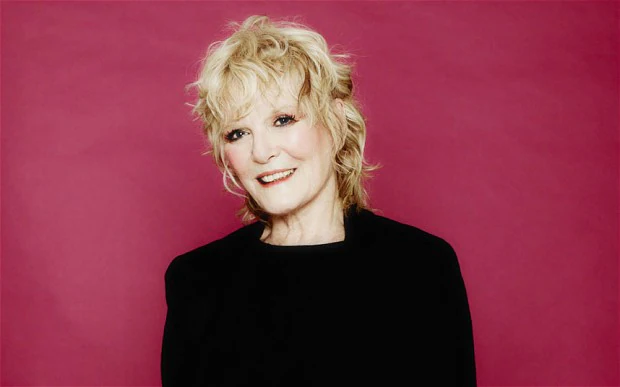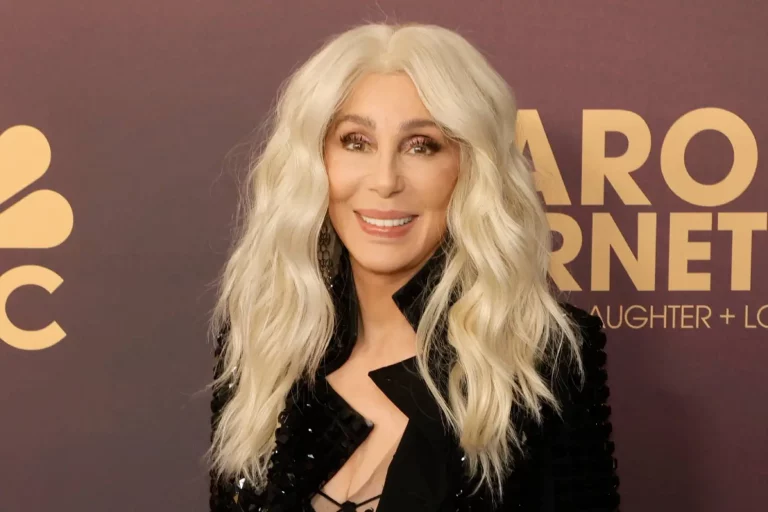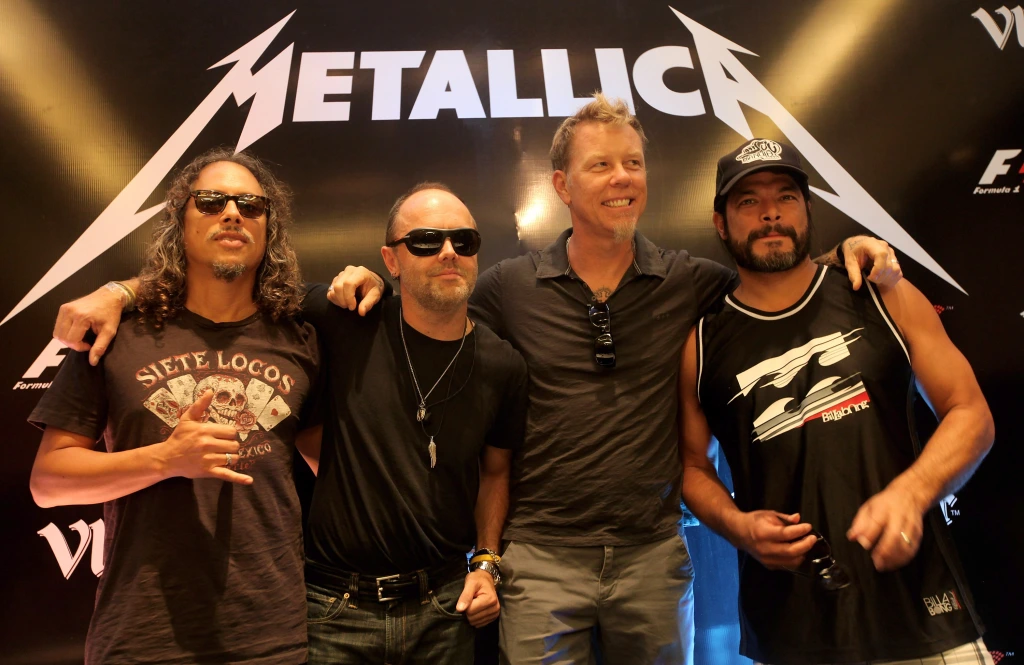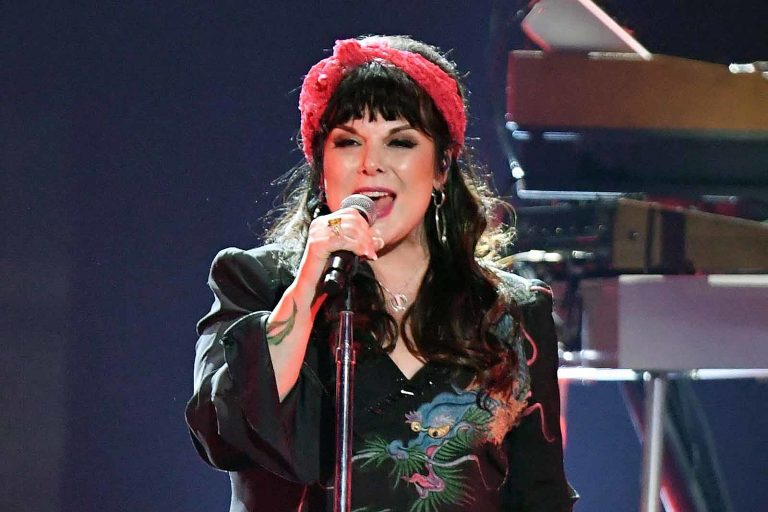Adam Lambert’s recent performance on Singer 2024 set social media on fire, especially in China, where it dominated Weibo’s trending searches for hours. The live audience responded with thunderous applause, and online reactions poured in, with viewers praising his appearance as “flawless,” “outstanding,” and “beyond expectations.”
Within just half a day, clips of Lambert’s performance had spread across multiple platforms, racking up over 200,000 views on YouTube. Chinese media outlets such as Sohu highlighted how Lambert’s arrival brought an international flair and professionalism that elevated the show’s profile. His stage charisma, paired with his signature vocals, introduced a refreshing energy that left fans craving more.
Lambert’s warm interactions with fans added to the excitement. Upon landing in China, the “Whataya Want from Me” star greeted supporters at the airport with smiles, autographs, and casual conversations—winning hearts even before stepping on stage.
The performance also struck a nostalgic chord beyond China. In Vietnam, fans from the 8X and 9X generations reminisced about their teenage years as Lambert revisited his hit single “Whataya Want from Me,” originally released in 2009.
For those unfamiliar, Adam Mitchel Lambert is a Grammy-nominated American singer, songwriter, and actor who rose to fame as the runner-up on American Idol in 2009. Born in 1982, he has since built a career defined by powerhouse vocals and captivating live shows. “Whataya Want from Me,” from his debut album For Your Entertainment, remains one of his most celebrated tracks and earned him a Grammy nod for Best Male Pop Vocal Performance.
Far from slowing down, Lambert continues to expand his global presence. In addition to touring and recording, he frequently appears as a mentor, guest performer, and judge on international talent shows. Most recently, he joined The Voice Australia 2024 as a coach, further cementing his role as both a performer and mentor in today’s music scene.


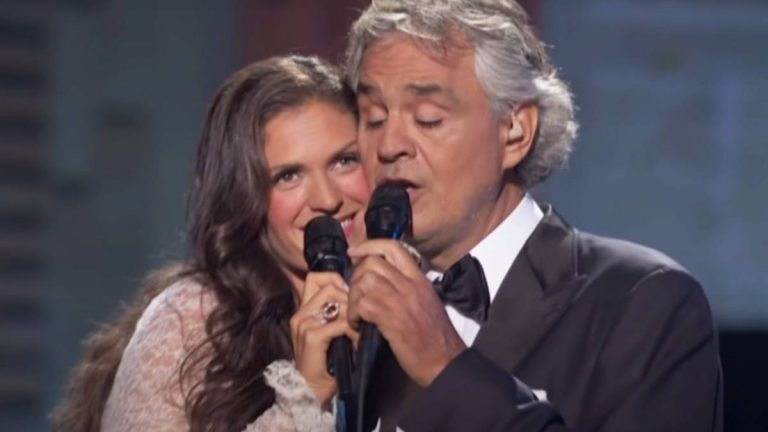
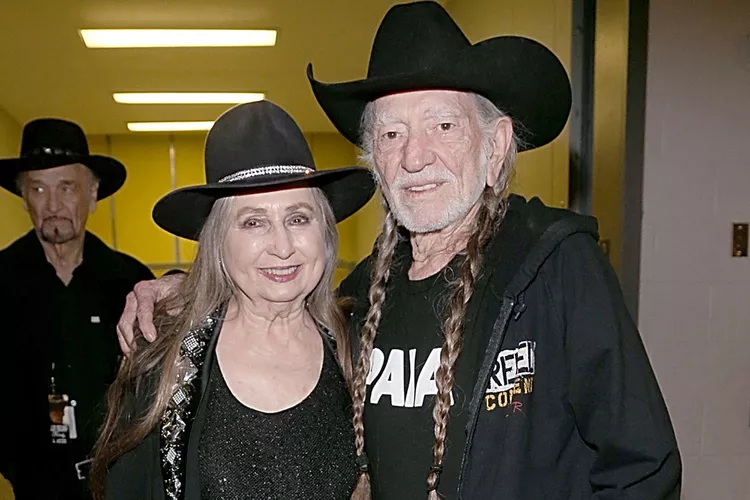

 willi
willi